Dhaka, Feb 16 (V7N) – Bangladesh could transform its internet connectivity with non-geostationary satellite orbit (NGSO) networks like Starlink, driving advancements in education, the economy, and social inclusion through high-speed, low-latency access, according to technology experts.
Starlink’s internet download speeds range from 25 to 220 Mbps, with most users experiencing speeds over 100 Mbps, while upload speeds typically range from 5 to 20 Mbps.
Chief Adviser Dr Muhammad Yunus on Thursday held a video discussion with Elon Musk, owner of SpaceX, Tesla, and social media platform X, to explore future collaboration and the introduction of Starlink satellite internet in Bangladesh.
Mustafa Mahmud Hussain, a telecom and technology analyst, told BSS that Bangladesh is poised to adopt NGSO satellite services to modernize its digital infrastructure.
With flexible regulations that encourage competition and innovation, the country could enhance connectivity for millions, unlocking new opportunities in healthcare, education, business, and community development.
“Starlink might be a good option for providing internet connectivity in remote and underserved areas of the country, minimizing the shortcomings of current market players,” Mahmud said.
Meanwhile, Veon Ltd, the parent company of mobile phone operator Banglalink and Dubai-based telecommunications company, is exploring opportunities to bring satellite-powered mobile services to Bangladesh in partnership with Elon Musk's Starlink.
This collaboration would bridge connectivity gaps in areas where terrestrial networks fall short.
According to industry insiders, Banglalink is expected to finalize a deal with SpaceX at the upcoming Mobile World Congress in Barcelona, Spain.
Meanwhile, telecom expert Lt Col (Retd) Mohammad Zulfikar expressed cautious optimism about the potential of Starlink, noting that many people worldwide have benefited from the technology.
However, he, like others, is curious about the cost of satellite-based internet, particularly given the potentially high expense of satellite network connectivity.
“Now, the issue is how much money will be required to access the service,” he said.
Zulfikar, currently the secretary-general of the Association of Mobile Telecom Operators of Bangladesh (AMTOB), said SpaceX designs tariffs differently for Southeast Asia and African countries to promote inclusion.
"We will all have to wait and see what rate they will set for us," he added.
Starlink’s website notes that users need to purchase a Starlink kit to access the service at home.
The kit, which includes a receiver or antenna, kickstand, router, cable, and power supply, costs between $349 and $599.
The minimum monthly fee for residential customers is $120, while corporate customers face higher costs. Prices vary by country.
Mustafa Mahmud Hussain highlighted that Starlink offers significantly lower prices in some African countries, ranging from $10 to $30.
"There is no doubt that end users in Bangladesh, especially in remote and unconnected areas, will benefit once Starlink arrives," he said.
Industry experts noted that mobile network operators and internet service providers (ISPs) in Bangladesh typically rely on bandwidth from IIG operators, which depend on submarine cables and international terrestrial cables (ITC).
Starlink, however, provides internet services via satellites.
According to SpaceX’s website, Starlink’s service is delivered through thousands of satellites in low Earth orbit, about 550 kilometres above Earth.
As of January 30, 6,994 Starlink satellites have been deployed globally, with operations in over 100 countries.
SpaceX’s Starlink project began in 2015 and was officially launched in 2019.
The first Starlink operation in South Asia began in Bhutan.
To access Starlink’s internet service, customers must install a device similar to a television antenna, which communicates with the satellites orbiting Earth.
The Starlink router is required for the service.
Starlink introduced its technology to Bangladesh for testing in July 2023.
In October 2024, a Starlink delegation met with Chowdhury Ashik Mahmud Bin Harun, executive chairman of the Bangladesh Investment Development Authority (Bida), and the Bangladesh Telecommunication Regulatory Commission (BTRC), which had prepared a draft guideline titled "Non-Geostationary Orbit (NGSO) Satellite Services Operator."
During their conversation, Yunus and Musk emphasized the transformative impact of Starlink’s satellite communications, especially for Bangladesh’s enterprising youth, rural and vulnerable women, and remote communities.
END/MSS/AJ



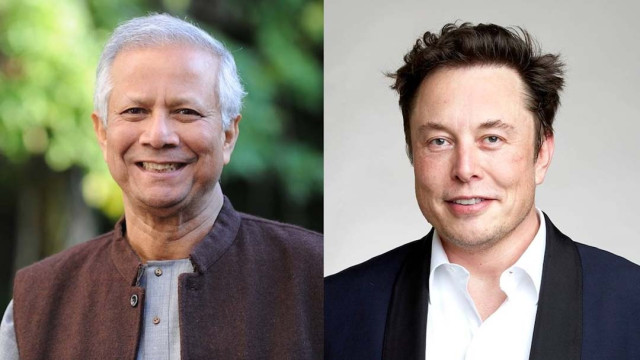
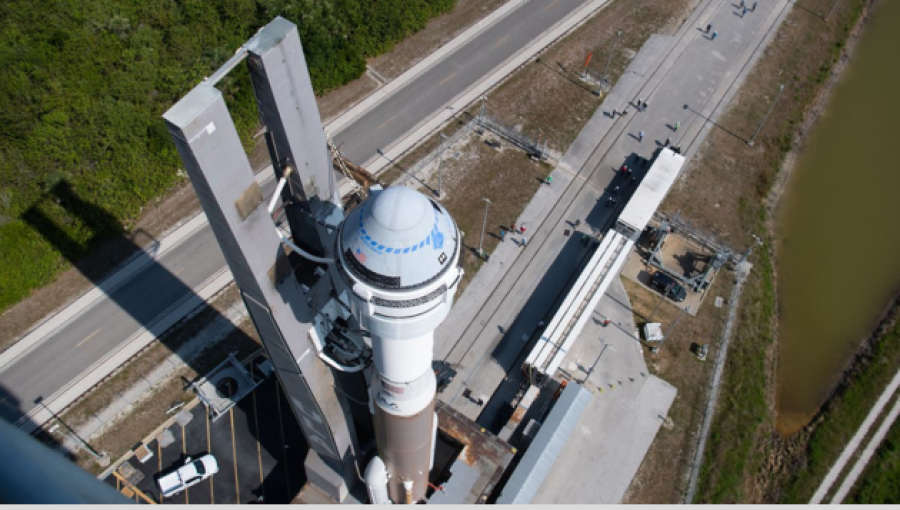
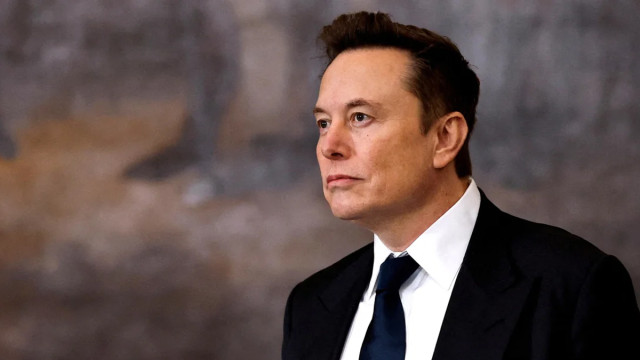

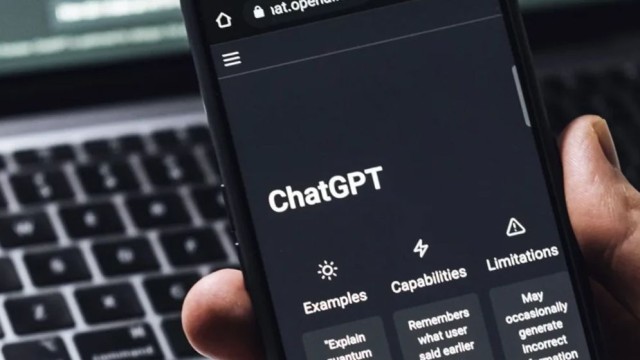
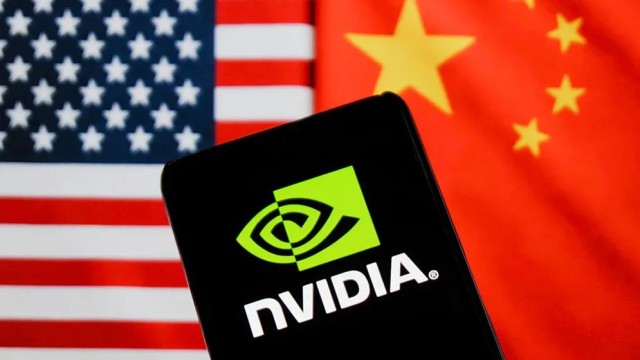
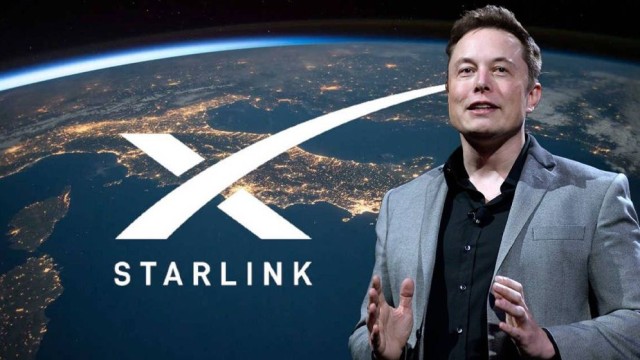


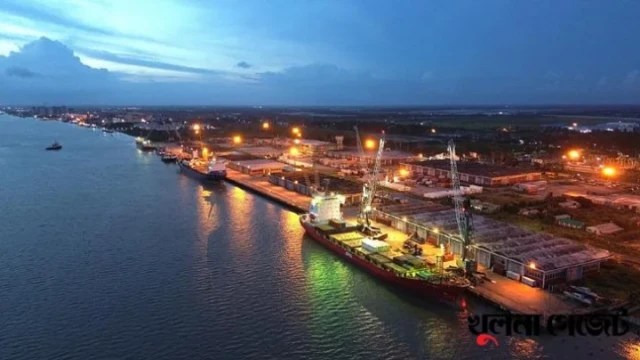
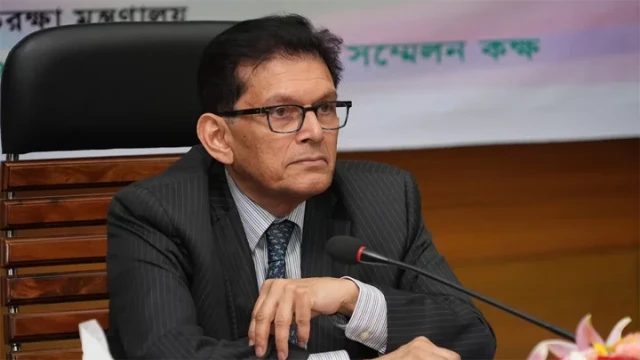

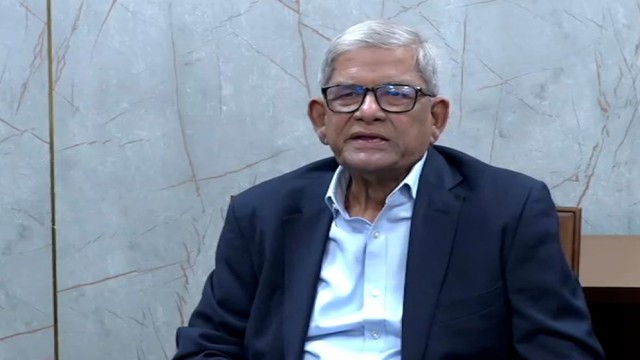

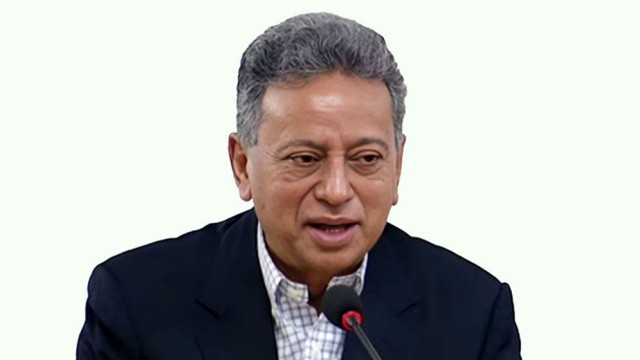
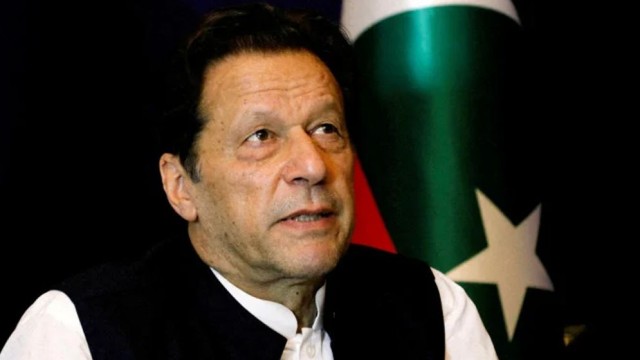












Comment: